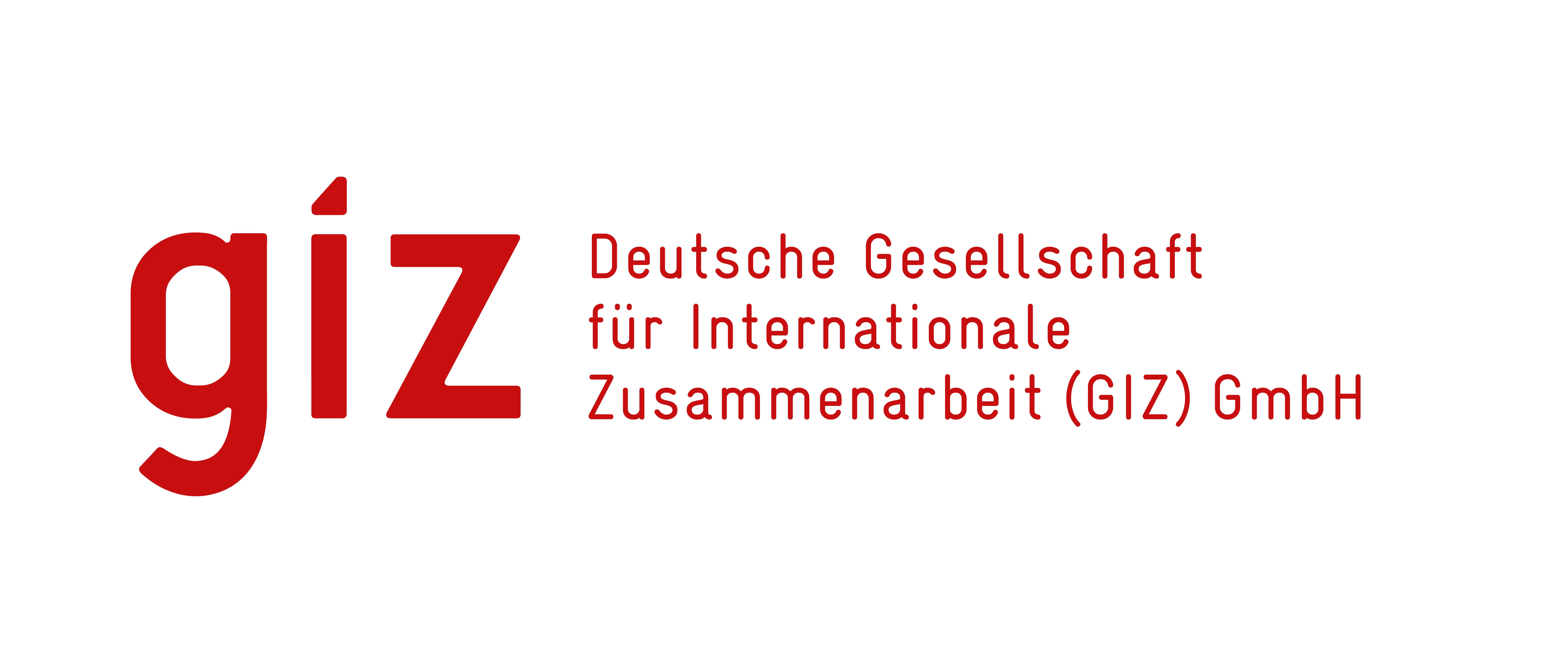

The West Kalimantan Province faces serious climate threats such as deforestation, forest degradation, floods, and droughts. These threats significantly impact peatland ecosystems, which store large amounts of carbon but are highly vulnerable to fire and degradation. Local communities, who depend on natural resources, also have limited capacity to cope with climate threats, especially in forest management and agricultural practices.
This project aims to empower local communities through sustainable forest management and climate-resilient agricultural practices, focusing on five regencies in West Kalimantan: Kapuas Hulu, Ketapang, Kubu Raya, Sanggau, and Sintang. In addition, the project will implement various institutional, technical, and financial interventions to improve land governance, increase community participation, and create sustainable economic opportunities. One of these interventions is the provision of dedicated financing mechanisms for Indigenous Peoples and local communities.
The expected changes from this program will involve institutional reforms aimed at improving livelihoods, protecting ecosystems, and strengthening sustainable land management. This will be achieved by integrating climate resilience into development plans, empowering local communities, and building sustainable commodity supply chains that support low-emission, climate-resilient agricultural practices.